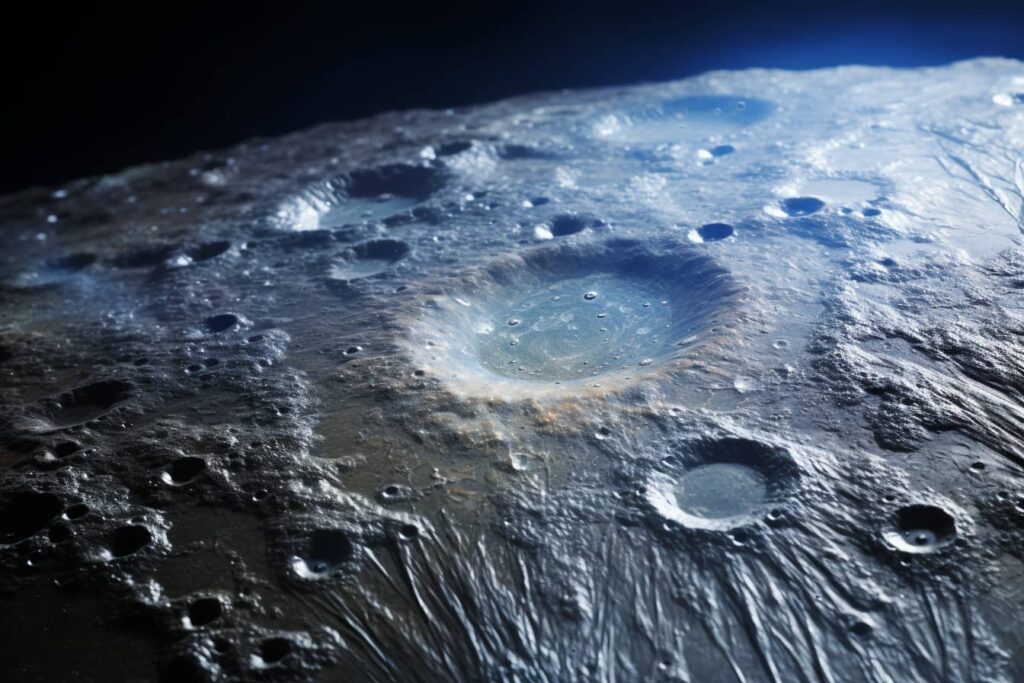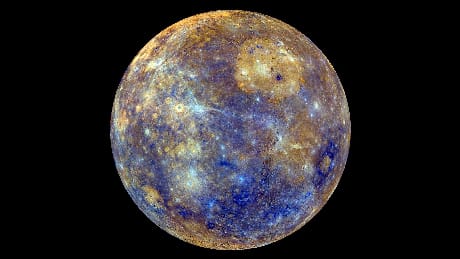The search for life in the universe has led scientists to peer into the most unexpected corners of our solar system, and the recent discovery on Mercury is no exception. Astrobiologists at the Planetary Institute in Arizona have identified the presence of salt glaciers in the planet's polar regions, a clue that could rewrite science books.
I study (that I link to you here) suggests that, beneath Mercury's fiery surface, there may be secrets of life beyond imagining.
A journey beyond expectations
Mercury, traditionally known for its extreme temperatures and desolate landscape, turned out to be much more than just a rocky desert. The recent discovery of salt glaciers at its polar ends has lit a beacon of hope in the search for potentially habitable extraterrestrial environments.
These glaciers, similar to those found on Pluto, suggest that the phenomenon may extend across the entire solar system, from its coldest to its warmest edges.
Salt and life: unusual connection
On Earth, salt has the power to create habitable niches even in the most inhospitable environments, such as the Atacama desert in Chile. And apparently this principle also applies to Mercury, where salt deposits suggest that its interior could offer more more favorable to life than its overheated surface suggests.
The researchers hypothesize that these salt deposits were created by volcanic activity, which brought water to the surface. This, evaporating or infiltrating into the soil, left behind layers of salt and clay minerals. The theory suggests that, in ancient times, Mercury may have hosted very different conditions, with liquid water or supercritical steam.
The presence of these salt deposits opens the door to a new world of astrobiological possibilities.

Possibilities of life on Mercury: the implications
The discovery reaffirms the importance of looking beyond appearances in our solar system. This new information could guide future space missions, aim to explore these salt glaciers and what lies beneath Mercury's surface.
The universe, we now know, is full of surprises. What seems impossible today could be tomorrow's discovery. This research not only increases our knowledge of Mercury, but also pushes the boundaries of our imagination, pushing us to explore further into the cosmos, seeking answers to the mysteries of life.


